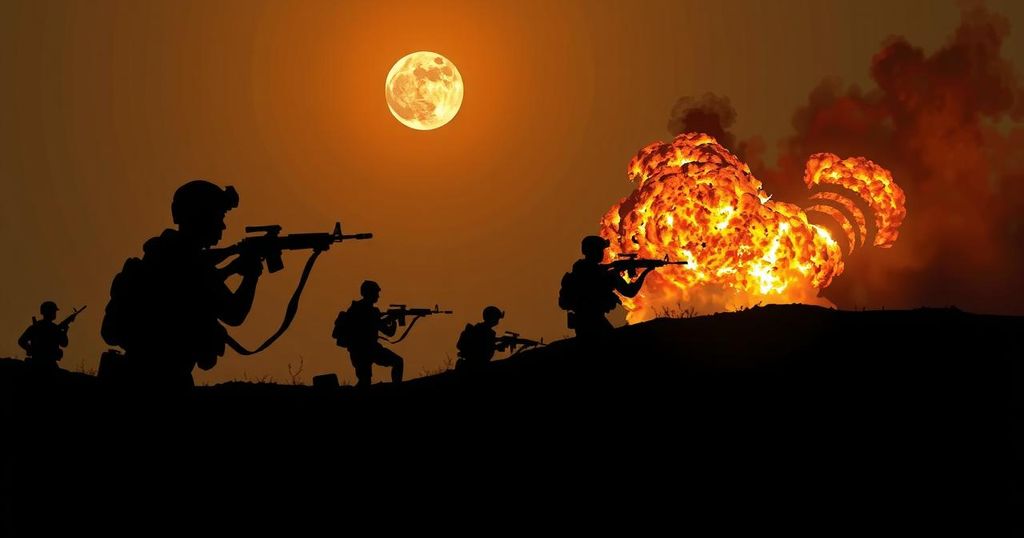Libyan Military Launches Operation Against Armed Groups on Chad Border
The 128th Reinforced Brigade of the Libyan National Army (LNA) has launched an offensive against armed groups engaged in illegal activities such as smuggling and gold mining near Kalanga, at the border with Chad. This military operation is part of the effort to enhance border control with Chad and Niger, particularly after the recent trade agreement signed between Tripoli and Niamey.
General Mohammed Tomba, Niger’s Minister of Interior, and the General Command of the Libyan National Army signed a recent agreement to strengthen a long-standing treaty for safeguarding the common border. Additionally, intelligence cooperation and a memorandum of understanding regarding free trade and economic zones were also discussed.
The agreement resulted from an official working visit by a Nigerian delegation to Benghazi, led by General Tomba, along with members of intelligence and counter-terrorism agencies. The visit took place on 15th August in order to hold discussions and negotiate the terms of the agreement.
Since the NATO-backed uprising that led to the removal of Muammar Gaddafi in 2011, Libya has been in a state of turmoil, experiencing years of division between rival administrations. The nation’s oil-dependent economy has suffered from the impact of numerous conflicts, leading to disruptions in oil production and fluctuations in global oil prices.
The internal strife and power struggles in Libya have led to a severe humanitarian crisis, resulting in thousands of casualties and a significant number of internally displaced individuals. The country has also served as a transit point for migrants and refugees seeking to reach Europe, subjecting them to various challenges along the way.
The planned elections for December 2021 were postponed due to disagreements over electoral laws and the eligibility of certain candidates, raising concerns about the feasibility of a peaceful political transition. As a result, countries in the region, such as Morocco, and international organizations like the United Nations, are actively advocating for a resolution to the impasse.
Despite the ceasefire, the Libyan authorities are still facing significant security challenges due to recurrent clashes between rival factions. The presence of foreign mercenaries and fighters, many of whom have been dispatched by countries such as Russia and Turkey, further complicates the situation. The unification of the armed forces and the withdrawal of foreign forces are considered imperative steps towards achieving stability in the country.








Post Comment